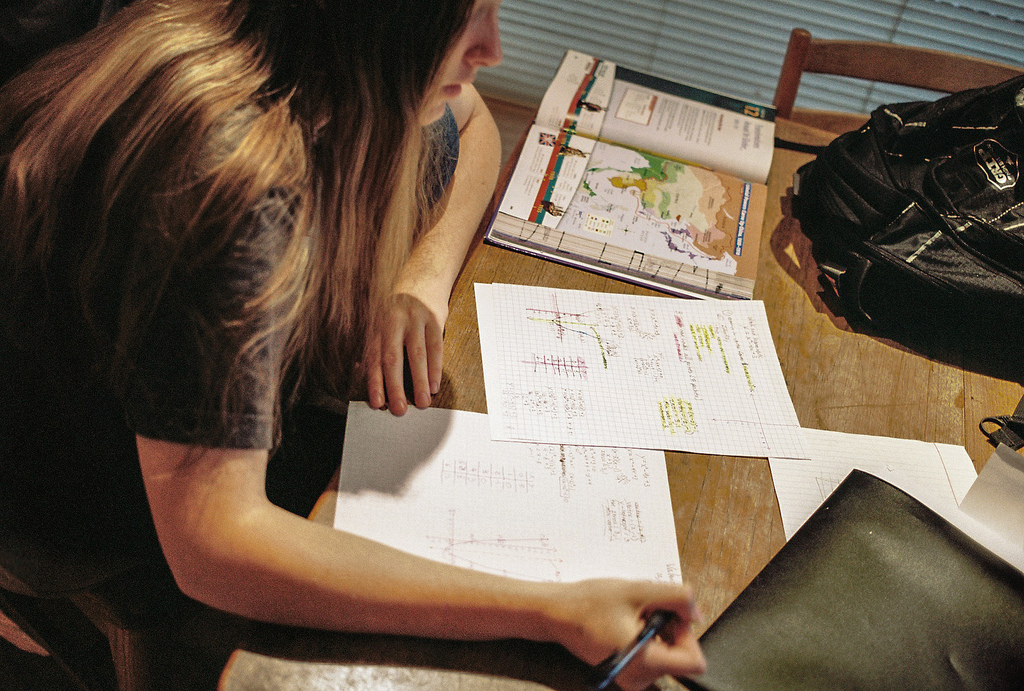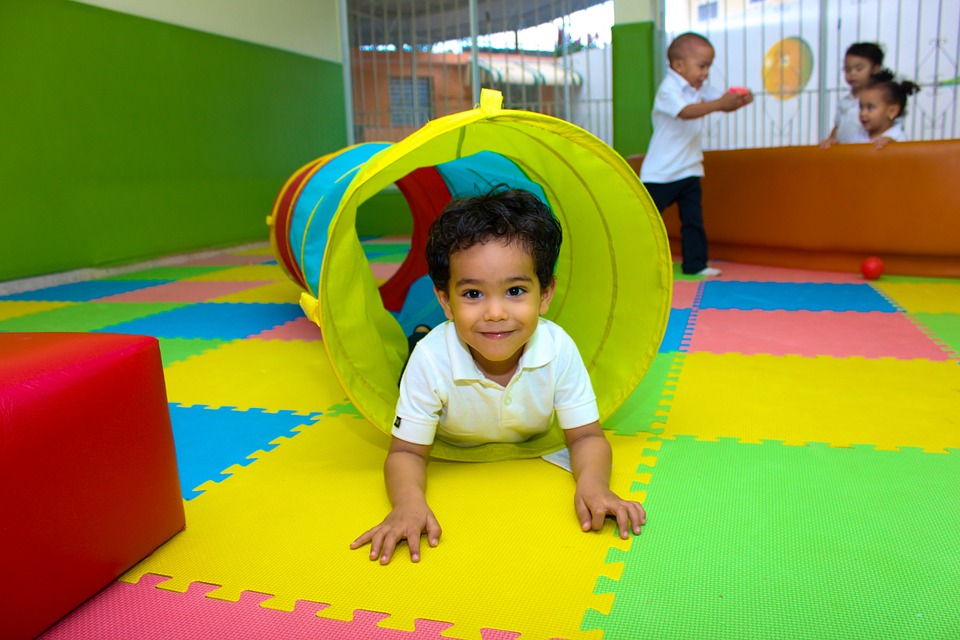
The debate of homework at home has been intensified in the last years, and now many parents and teachers wonder if homework is a positive or a negative thing.
12 july 2016
There is a permanent debate in the field of education about the body of work children have at home. Do they learn more with homework? Is it the best for them in short and long term being hours in front of notebooks after lessons? Some people agree, others not.
- Homework supporters affirm that the habit of doing homework is a way of implementing discipline and the culture of effort in children. If they know they have to do the tasks in a determinate time, they learn how to distribute their time, as well as taking personal responsibilities.
- Furthermore, critics think that homework is a way of creating dependence and insecurity in children. If they feel forced to do extra work (apart of the one done in class), they feel enclosed in a forced routine. And this leads many students to abhor subjects and to abandon their academic career.

This debate is not a black and white matter. Most experts agree that the problem is not the fact of doing or not homework, but in the amount of it. In the last years, the body of work that students have has increased. They have 5 hours of lessons, added to extracurricular activities, added to 1 or 2 hours of homework per day, end up being a complete working day of an adult.
In this context, children have no real free time to develop freely, or to enhance their interests. When they finish their homework, it is time to have dinner, and later to sleep. So finally they have such a short time for them to develop their creativity. Similarly, this productive routine generates apathy and exhaust children from a very young age.
One of the main aims of the new educators must be emphasise students curiosity. If children feel interest for learning, they will learn much more than if they repeat it and learn it by force. For it, it is important to give children real examples that make them question their reality, and that push them to look for answers, since they will feel committed and involved with the subject matter.








